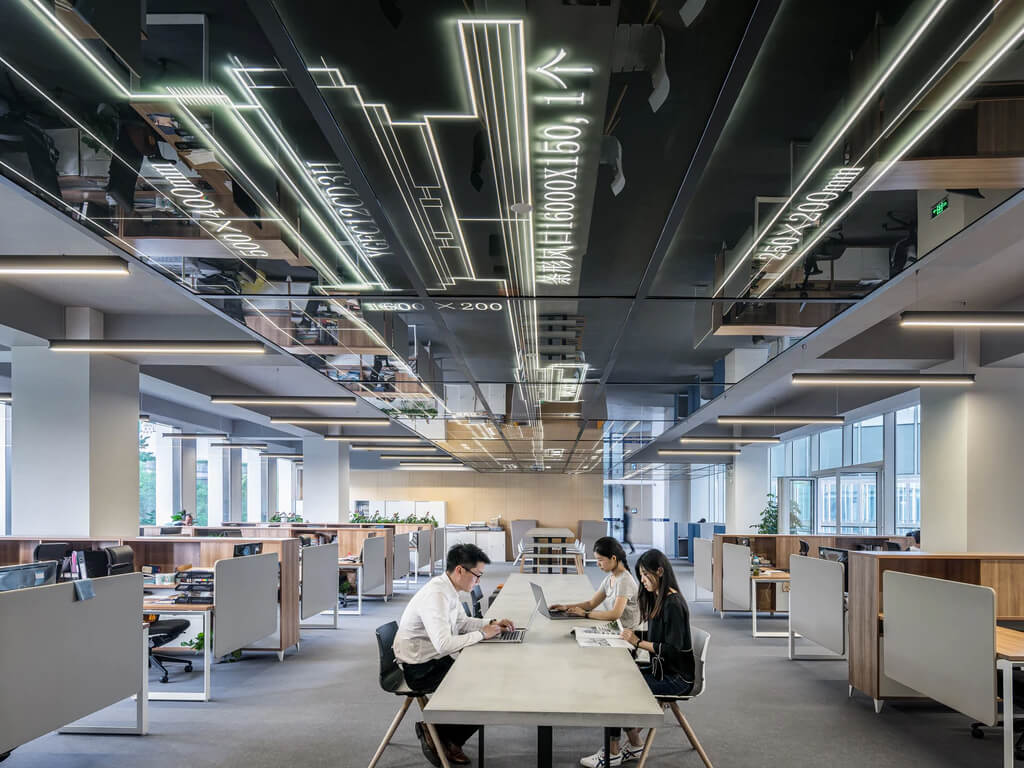In today's digital age, the importance of a robust online presence cannot be overstated, especially for hotels and lodges that operate in a highly competitive market. A well-developed website serves not only as a digital brochure but also as an essential tool to attract potential guests, showcase amenities, and streamline bookings. This blog post delves into the critical elements of web development specifically tailored for the hospitality industry, emphasizing the features and functionalities that can elevate a hotel or lodge’s online presence.
Understanding the Audience and Purpose
Before embarking on the web development journey, it is imperative to understand the target demographic. Hotels and lodges cater to a diverse clientele, ranging from business travelers to vacationing families. Identifying the primary audience will inform design choices, content strategy, and functionality. For instance, a luxury resort may prioritize high-resolution images and elegant design, while a budget lodge might focus on functionality and utility, showcasing affordability and value.
Moreover, the purpose of the website should be clearly defined. Is it to provide information, facilitate direct bookings, or enhance the overall guest experience? Understanding these objectives will guide the development process and help ascertain necessary features.
User-Centric Design
Responsive Layout
In an era where mobile browsing prevails, responsive web design is no longer optional. A website should seamlessly adjust to various screen sizes, ensuring that users have an optimal viewing experience, whether they are using a desktop, tablet, or smartphone. For hotels and lodges, this is particularly crucial as many travelers conduct research and make bookings while on the go.
Intuitive Navigation
The website’s navigation should be intuitive and straightforward, enabling users to find information with minimal effort. Essential pages, such as the home page, room types, amenities, booking system, and contact information, should be readily accessible. Implementing a well-structured menu, coupled with a search function, enhances user experience and reduces bounce rates.
Engaging Aesthetics
A visually appealing design is instrumental in capturing visitors' attention. Utilizing high-quality images of the property, local attractions, and amenities allows potential guests to envision their stay. Implementing a consistent color scheme, typography, and branding elements also fosters a professional appearance and instills trust among users. Using video content can further enrich the online experience, providing virtual tours that can entice viewers.
Content Strategy
Informative and Persuasive Content
Compelling content lies at the heart of successful web development. The content on the website should not only inform potential guests about the various offerings but also persuade them to book a stay. This entails crafting engaging descriptions of rooms, services, and local attractions, highlighting unique selling points, and incorporating testimonials from previous guests.
Search Engine Optimization (SEO)
To ensure visibility on search engines, it's crucial to implement effective SEO strategies. This includes keyword research to identify terms potential guests are searching for, optimizing meta tags and descriptions, and creating high-quality content that addresses user needs and queries. A well-optimized website will rank higher in search engine results, making it easier for users to find the hotel or lodge.
Blog and Local Information
Incorporating a blog into the website allows hotels and lodges to share valuable insights, updates, and local experiences. This content can cover topics such as travel tips, local attractions, and events in the area, effectively positioning the establishment as a knowledgeable resource. Regularly updated blog posts can also improve SEO, encouraging organic traffic to the site.
Functionality and User Experience
Booking System IntegrationThe primary goal of many hotel websites is to facilitate direct bookings, and thus, an integrated booking system is a paramount feature. It's essential to choose a booking engine that is user-friendly, secure, and capable of showcasing real-time availability. A seamless booking experience, coupled with clear pricing information, will reduce the likelihood of cart abandonment and improve conversion rates.
Guest Reviews and Testimonials
Integrating guest reviews and testimonials can significantly influence potential guests' decisions. User-generated content adds credibility and authenticity to the establishment's reputation. Displaying reviews from reputable sources, such as TripAdvisor or Google, alongside dedicated testimonials on the website, can enhance trust and entice bookings.
Social Media Integration
Incorporating social media feeds or sharing options allows potential guests to engage with the hotel or lodge beyond their website. Social media serves as an extension of the brand, enabling establishments to showcase real-time experiences, special promotions, and user-generated content. Links to social media profiles also drive traffic and encourage guests to follow the establishment for updates.
Security and Compliance
As the hospitality industry embraces digital transformation, ensuring robust security measures is vital. Implementing SSL certificates to secure sensitive information, especially during the booking process, is non-negotiable. Furthermore, compliance with legal regulations such as the General Data Protection Regulation (GDPR) is essential in safeguarding user data and building trust.
Testing and Maintenance
Web development does not culminate with the launch of a website. Continuous testing and maintenance are essential to ensure optimal performance. Regularly auditing the website for broken links, assessing page load times, and updating content are critical practices. Additionally, soliciting user feedback provides invaluable insights that can inform future improvements and modifications.
Conclusion
In conclusion, a well-developed website is an indispensable asset for hotels and lodges striving to succeed in the competitive hospitality market. By focusing on user-centric design, persuasive content, robust functionality, and continued maintenance, establishments can effectively attract and convert potential guests. As the landscape of web development continues to evolve, staying abreast of the latest trends and technologies will empower hotels and lodges to enhance their online presence and foster lasting guest relationships. In an industry where first impressions are critical, investing in comprehensive web development is an investment in the future of hospitality.





